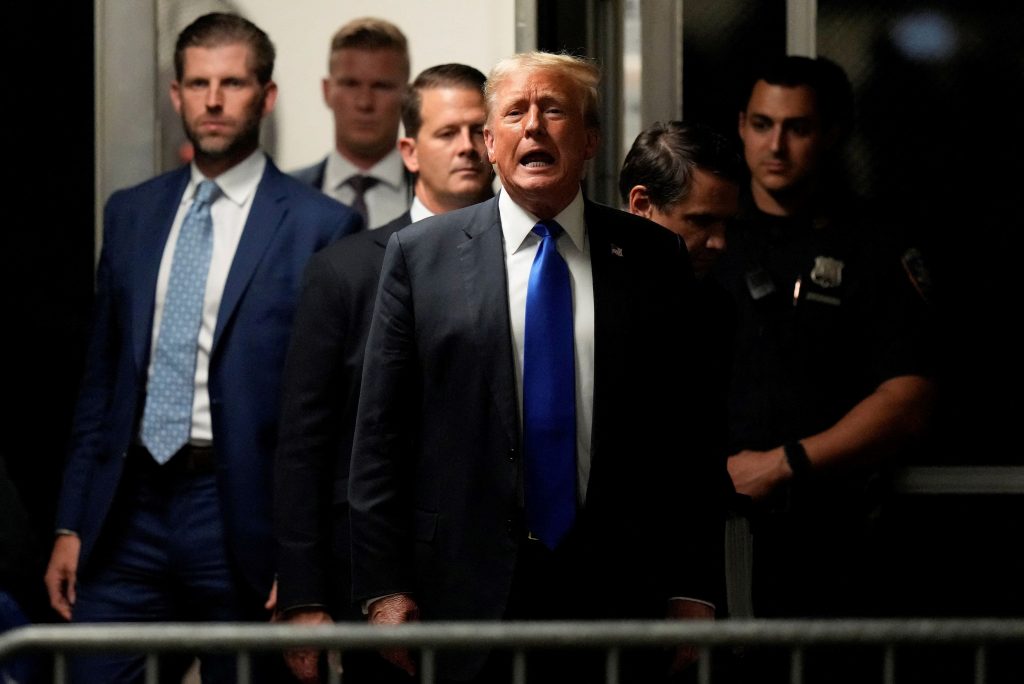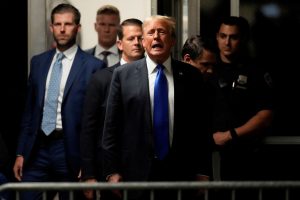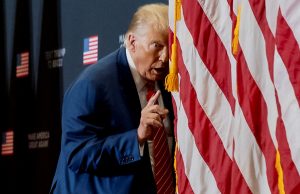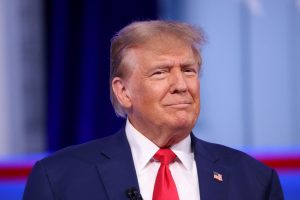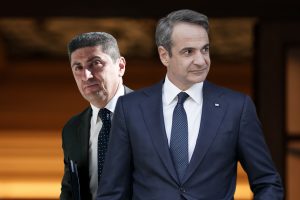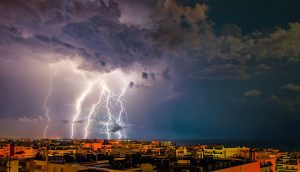WASHINGTON—The Supreme Court dealt a major blow to Donald Trump’s prosecution on charges he sought to subvert the 2020 election, ruling 6-3 Monday that former presidents enjoy sweeping immunity for their acts while in office.
The president “may not be prosecuted for exercising his core constitutional powers, and he is entitled, at a minimum, to a presumptive immunity from prosecution for all his official acts,” Chief Justice John Roberts wrote for the court, joined in whole or part by Justices Clarence Thomas, Samuel Alito, Neil Gorsuch, Brett Kavanaugh and Amy Coney Barrett.
But “the President enjoys no immunity for unofficial acts, and not everything the President does is official,” Roberts wrote.
The court on its own threw out parts of the prosecution’s case against Trump, including on his alleged efforts to use the Justice Department to advance his unsubstantiated claims of election fraud and submit slates of false electors to replace those President Biden won. “The President may discuss potential investigations and prosecutions with his Attorney General and other Justice Department officials to carry out his constitutional duty,” Roberts wrote.
“Trump is therefore absolutely immune from prosecution for the alleged conduct involving his discussions with Justice Department officials,” including his threat to remove acting Attorney General Jeffrey Rosen, Roberts wrote.
For other allegations, the court instructed the trial judge to review Trump’s indictment for charges that must be dismissed because they are based on his official acts, apparently before proceedings could begin on whatever remains, if anything, of the case.
The liberal dissenters could barely contain their outrage. The decision “makes a mockery of the principle, foundational to our Constitution and system of Government, that no man is above the law,” Justice Sonia Sotomayor wrote, joined by Justices Elena Kagan and Ketanji Brown Jackson.
“With fear for our democracy, I dissent,” she wrote.
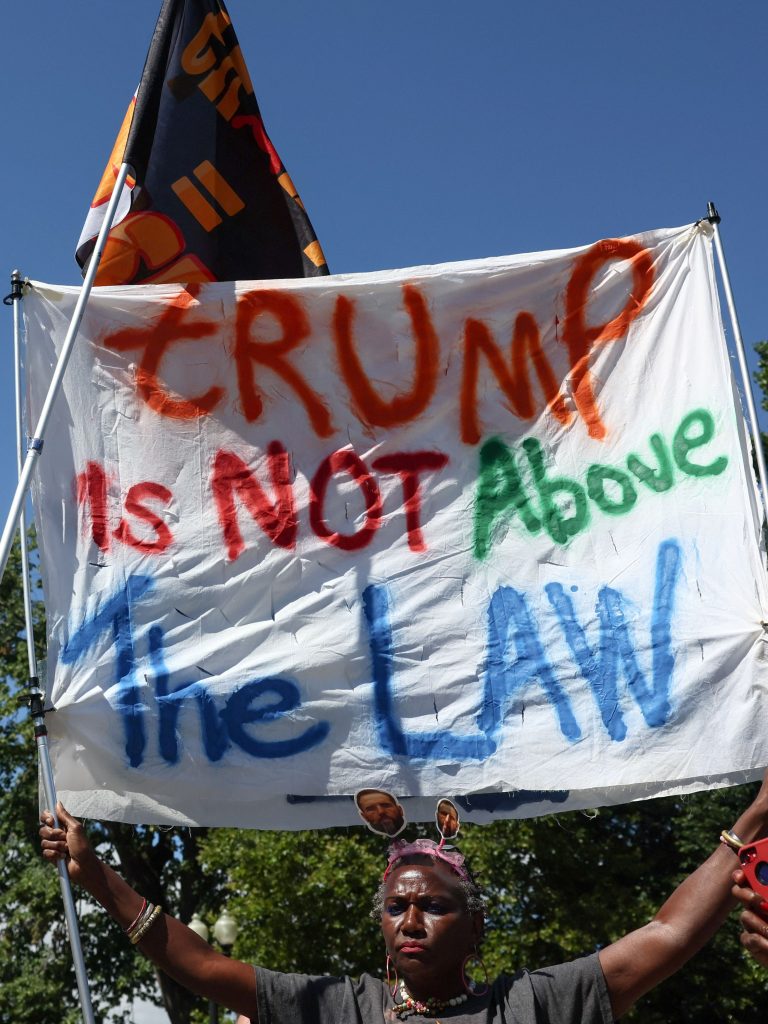
Nadine Seiler holds a banner outside the U.S. Supreme Court, following U.S. Supreme Court justices rule on former U.S. President and Republican presidential candidate Donald Trump’s bid for immunity from federal prosecution for 2020 election subversion in Washington, U.S., July 1, 2024. REUTERS/Leah Millis
The decision effectively gave Trump nearly everything he could have hoped for, a victory he quickly celebrated.
“Big win for our Constitution and democracy. Proud to be an American!” Trump, using all capital letters, wrote on his social-media platform.
Even for parts of the case that remain, the court added so many new conditions for prosecutors that it would likely be virtually impossible to hold a trial before Election Day. And the chief justice’s opinion erects new hurdles for federal prosecutors that may be difficult to clear. For example, the court said that, when attempting to distinguish Trump’s official acts from unofficial ones, judges can’t inquire into Trump’s motives. And he said prosecutors can’t use Trump’s official acts as evidence to support claims that he committed a crime with unofficial ones.
Roberts also said Trump was “presumptively immune” for his alleged attempts to pressure Vice President Mike Pence, who presided over the congressional meeting to certify the election, to reject Biden electors. To proceed on those allegations, prosecutors must persuade the trial court that so doing would not “pose any dangers of intrusion on the authority and functions of the Executive Branch,” he said.
The court previously has handed Trump victories in two separate cases stemming from his followers’ Jan. 6, 2021, attack on the U.S. Capitol, where they sought to stop Congress from certifying President Biden’s victory.
On Friday, the court narrowed the scope of an obstruction charge federal prosecutors have filed against Jan. 6 rioters as well as Trump himself. The justices found that the offense was limited to interference with documents and other things required by an official proceeding—not obstructing an actual meeting of Congress. Lower courts will have to sort out the opinion’s impact on the Jan. 6 prosecutions.
That followed the court’s March decision restoring Trump’s eligibility for the Colorado ballot, after that state’s highest court disqualified the Republican candidate under a constitutional provision that bars former officeholders who engaged in insurrection or rebellion from future office. The Supreme Court said that states lacked authority to enforce the Reconstruction-era clause against federal candidates.
